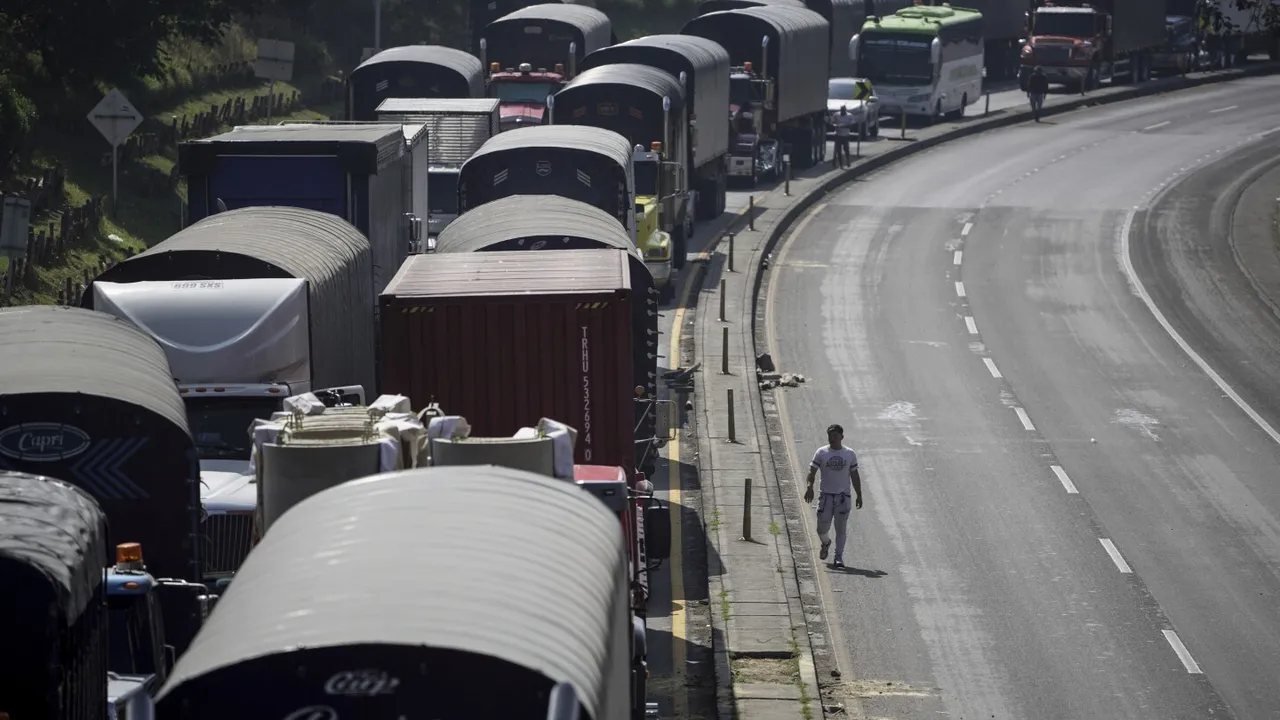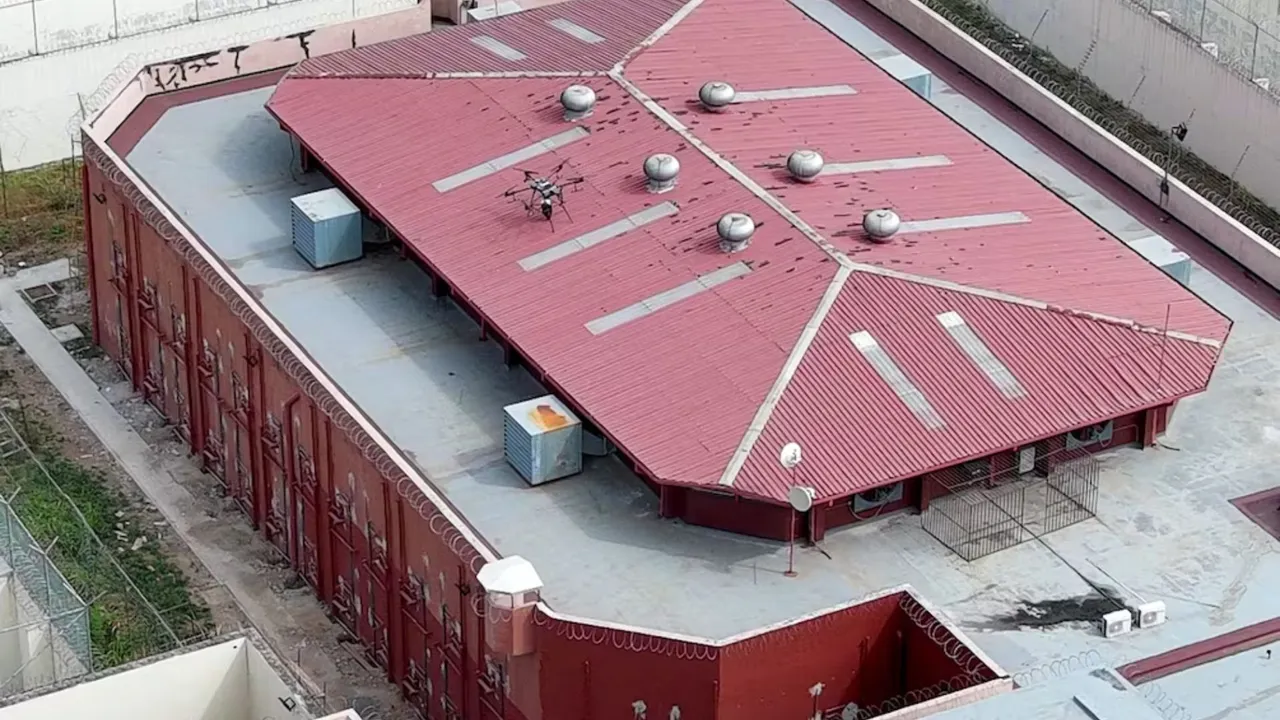
Bolivia: social pressure persists due to lack of dollars and fuels
Last Monday was a busy day there for the protests of multiple sectors moved by more than one cause. In the city of Santa Cruz, a stronghold of opponents to the ruling political force, hundreds of people marched to continue demanding the reactivation of the dollar and fuel markets. The demonstrators blame the government of Luis Arce for the situation, which is deeply affecting productive capacity. The country is in a vicious circle because it subsidizes the retail sale of fuel, something that President Arce proposes to review: for example, it ends up selling each liter of gasoline 33 cents below the cost for importing it from neighboring countries, which according to the authorities of the Great House of the People encourages smuggling. In general, more than 1 billion dollars are budgeted annually to acquire fuels, while gas and other commodities exports have fallen due to the application of bad policies, according to experts.
VIDEO | Una multitud protesta en Santa Cruz, la región más poblada de Bolivia, contra la falta de dólares y combustibles. pic.twitter.com/BzKuyutuWQ
— EFE Noticias (@EFEnoticias) September 2, 2024
Colombia: a social nightmare right now, fuel-based as well
In addition to the relentless scourge of the internal armed conflict, drug trafficking and organized crime in general, this week the coffee-growing country has added the protests of the powerful truckers union, who are on strike over the recent rise in fuel prices. Petro said that if the subsidies—valued at close to $3 billion every year—were maintained, the country's debt would increase, and the poor would be affected. Already on Monday, five major highways were partially blocked.
On Tuesday, with tractor-trailers and dump trucks the strikers blocked one of Bogota's main highways, leaving hundreds of people without public transportation service, public school students without classes, and causing a traffic jam of dozens of private vehicles. Garbage collection was also affected, while in other departments such as Santander, Antioquia and Boyacá thousands of people also caused blockades. As 90% of the goods are moved by road, the measure of the transporters has had a negative effect on the critical food supply. This Thursday the police received the green light to use force and free some roads in the capital, while the state oil company has suspended the production of oil and liquefied gas due to blockades in certain fields.
 Source
SourceEcuador
The director of the “Sucumbíos No. 1” prison was shot dead in an ambush in which two other prison officers were wounded, it was reported this week. In the violent city of Guayaquil two female prison agents were killed on Sunday while on their way to the women's penitentiary where they worked in the southwest zone. And security forces thwarted an attack with a drone loaded with explosives against the maximum-security prison known as “La Roca”, also integrated to the penitentiary complex of Guayaquil, where high-profile subjects such as the former vice president Jorge Glas are being held. Adolfo Macías, alias Fito, a powerful criminal leader who ended up fleeing from another of the complex's prisons at some point between late 2023 and early 2024, was held there for a time. His prison break sparked an onslaught by Daniel Noboa's government against organized crime, with modest achievements by my account (authorities have seized close to 200 tons of drugs so far this year).
 Source
SourceI'm not buying Trump's narrative, but you also can't rule out that residents are speaking coerced here 👇.
For the past week, Donald Trump has been repeating the same story about a Venezuelan gang supposedly taking over a residential building in Colorado—but everyone, from the residents to the police, say that the story is complete fiction.https://t.co/Hprzvsx5BD
— The New Republic (@newrepublic) September 5, 2024
And this is all for our report today. I have referenced the sources dynamically in the text, and remember you can learn how and where to follow the LATAM trail news by reading my work here. Have a nice day.

